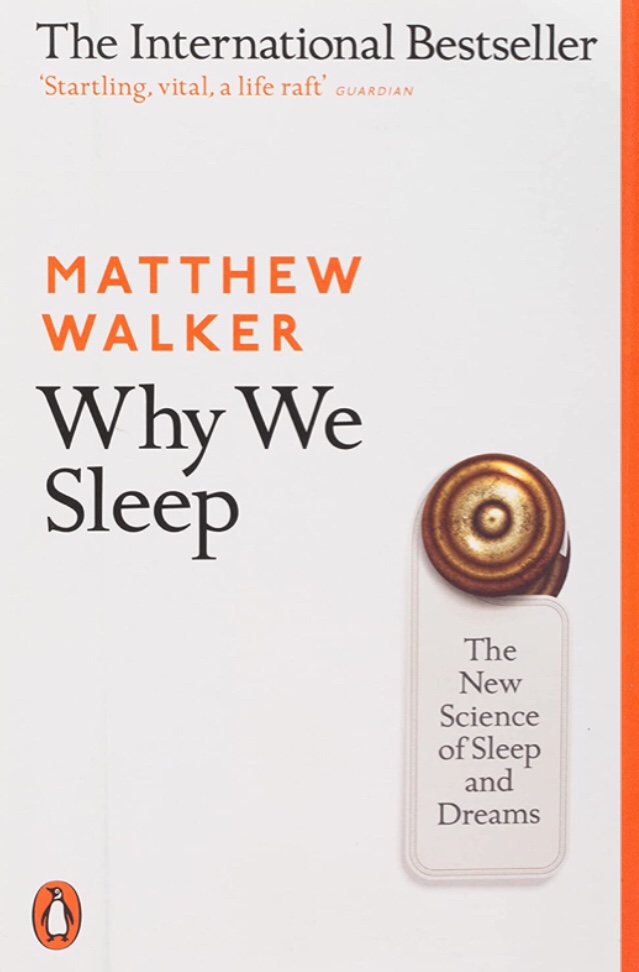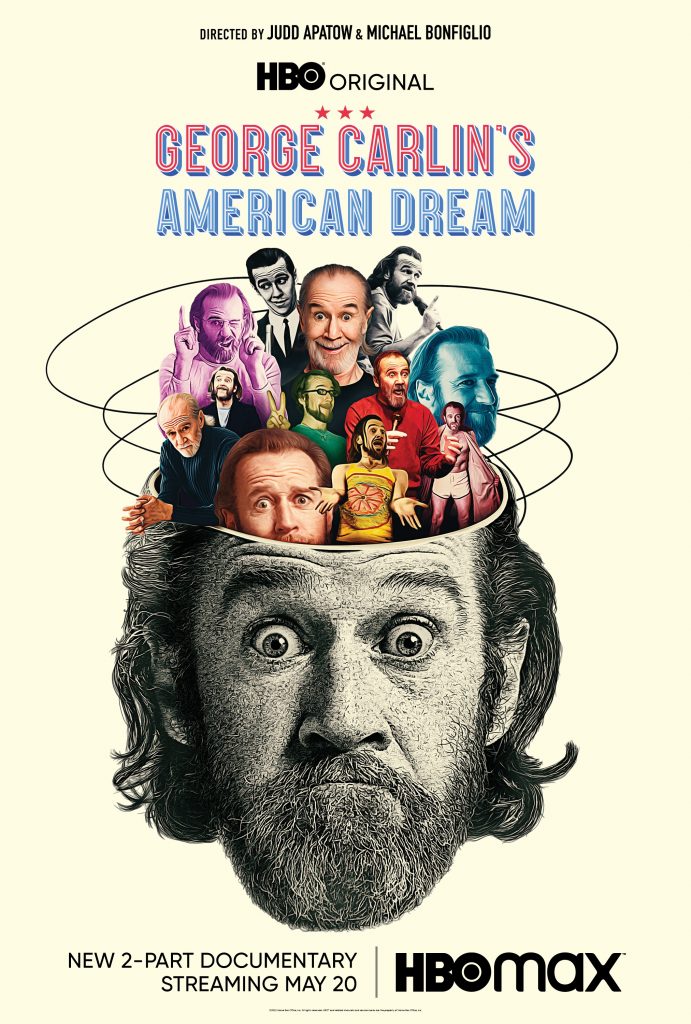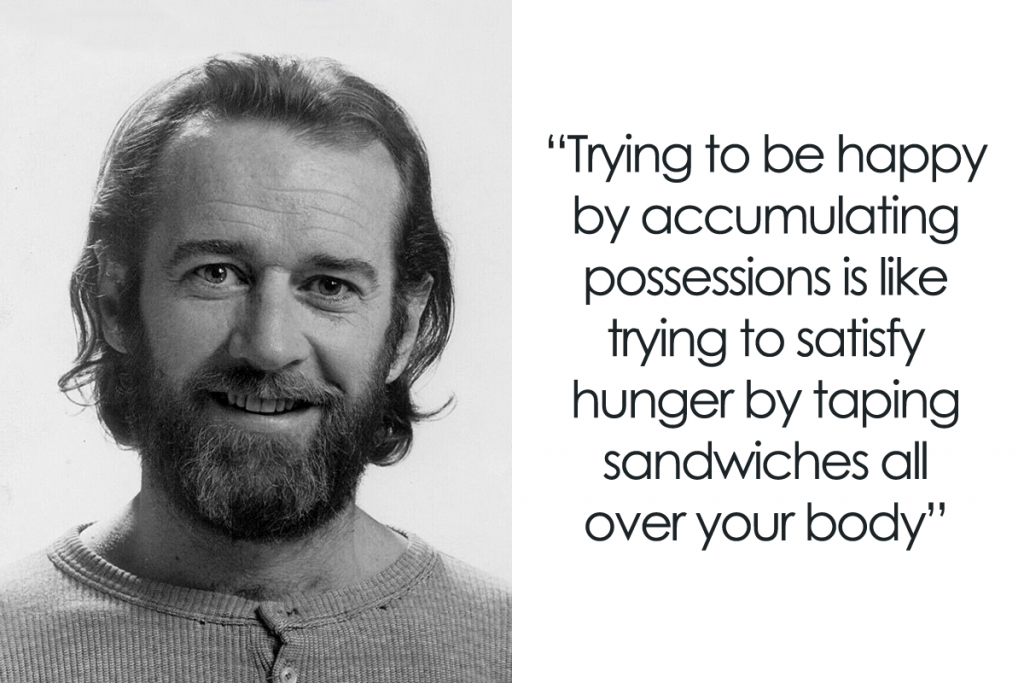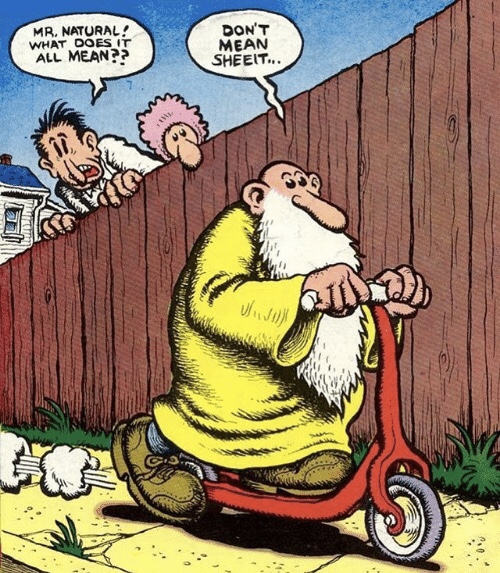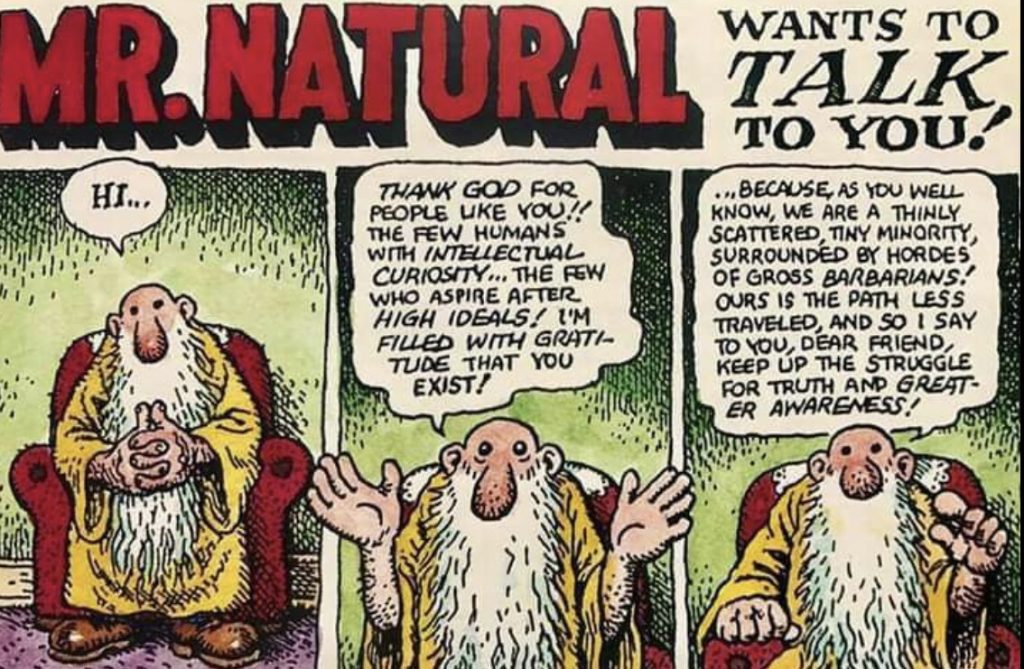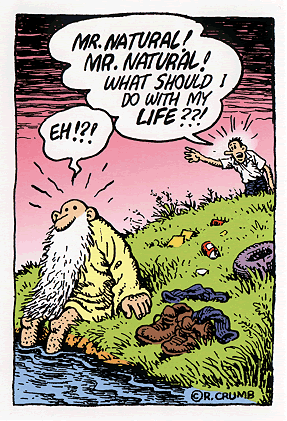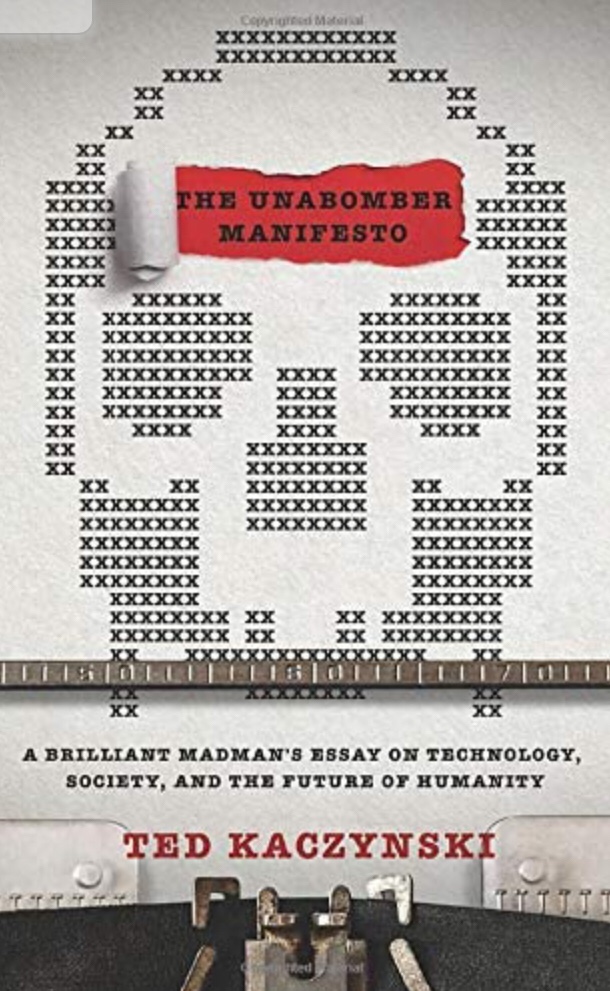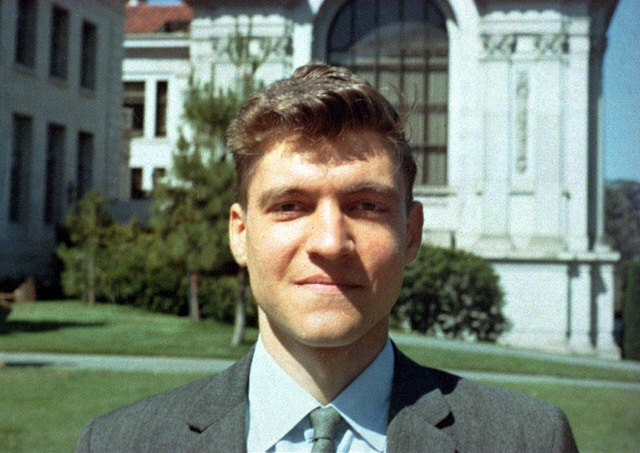

The first part of today’s post is essentially a version of my old Goodreads and Amazon UK review of Stick Control, only I can update that and expand upon it here.
And because this is my own blog, I can also give more nuanced star ratings. In this instance I give Stick Control the rare and coveted six-stars, which, on my normal 0-5 ratings system, means off the chart brilliant.

Anyway, for starters, here’s the augmented Amazon review:
Jazz legend Joe Morello studied with George Lawrence Stone. That alone is recommendation enough! Morello was Stone’s star pupil. And thanks to Morello’s precocious work on Stick Control, we also have Stone’s follow-up, the snappily titled Accents and Rebounds.
I’ve been dipping into this for over two decades now. Although, to my everlasting shame, I’ve not completed it yet.* I use it in my drum teaching all the time. And I tell all my students it’s THE foundation book, ie essential.
A great tool for developing better reading, and – of course – stick control. Starting with such simple building block as singles, doubles, and groupings of three or four, per hand, the numbered exercises take you though a huge variety of combinations, leading with both right and left.

Stone says play everything 20 times. And play with a metronome at various different speeds. This is terrific conditioning practice on a pad, and fun to transfer to the snare. Of course one can then take it to the kit, and orchestrate it there in endless ways. All of this makes this book a lifetime investment. In a way, you can never truly ‘finish’ Stick Control!
Used regularly, and with the appropriate doses of discipline, this book can impart strength, stamina, speed, control of dynamics, and much much more. Definitely one of the most essential non-gear (ie not the instrument itself!) bits of kit in the drummer’s training arsenal.
* UPDATE: Since first posting this review, I am, now (summer of ‘22) making a concerted effort – not for the first time, mind you – to complete a continuous run through of the entire book. At the time of updating this, I’m about one third through the whole volume, getting heavily into the flam section!

Some further thoughts…
So, that’s my Goodreads and Amazon UK review take on Stone’s classic work. In the latest update to that review I allude to what I’m calling elsewhere my Stick Control Summer Challenge. That’s going pretty well. One week into my summer hols, and I’m already just over a third of the way through the book.
This seems like a good time and place to add a few further thoughts on taking a deeper dive into this aged but illustrious tome.
For starters, having gotten further into the book than formerly – I did occasionally dip into later sections, but I’d only ever systematically done the first five or six pages previously!) – I’m encountering stuff I’ve not tried before. Some of it easy, some very challenging (for me at any rate!).
But there are also more fundamental issues, such as stick motion, and the exact ways to interpret certain notation. This is where a teacher from the Stone-Morello lineage would be very handy. I intend to explore this online, as I’m sure YouTube will provide some answers.

I won’t get into massive detail here, as this is an area for more exact exploration later/elsewhere. But taking just one aspect of the core subject, ie ‘stick control’, I’ve been practicing the material in this book sat at a practice pad, and using strokes that range from fairly full to ghost or grace note level.
And sometimes I’m leaning more towards French or German grip, but mostly I’m using American grip, somewhere in the middle. Stick height, grip, rebound, all these aspects start to come into focus more as you dive deeper into the book.
Another thing I’m finding myself fascinated by is, again, like much of what comes from studying this work, nuanced and multifaceted, and that’s how these exercises can become like meditative grooves. If one is playing 20 reps of a two bar exercise and then up to 24 or so different sticking variations of essentially the same (or very similar) rhythms, it gets quite hypnotic!
And one starts to hear the music or the groove in even these quite potentially dry exercises. And it’s fascinating how regularly locking in to a metronome pulse for 20-30 minute chunks throughout the day starts to build better time.
And if you set the metronome volume just right, there’ll be moments where you think it’s stoped, so you stop… only to hear the metronome still going. At those moments you’re achieving nigh on perfect time, as you’re covering the metronome so exactly you’re effectively masking it!

* The Guardian, rather cruelly, perhaps, used this shot of Joe for his obituary!
That opens the door on an aspect of this kind of study that I’m definitely falling in love with; the routine of regular practice is, it seems, like we’re told physical exercise is, or should be, both pleasurable and perhaps even somewhat addictive.
Now to lean into the ‘nuance’ aspect a little. I’m finding that the exact position of my hands and fingers on the sticks is coming more sharply into focus: if I find the right spot – esp’ noticeable the higher/harder and louder the strokes are – I can locate a zone where I can minimise the ‘shock waves’ that sometimes reverberate along the stick.
This must be the ‘fulcrum’, I guess? And it’s slightly higher up the sticks than I usually hold them. At least on the Vic Firth 2Bs I’m currently favouring for pad work. this actually coincides with another train of thought I’ve been having about modifying (or better yet making my own) sticks. But I’ll save that for another post.
Anyway, the ‘practice what you preach’ aspect of studying Stick Control over this summer is proving to be both pleasurable and beneficial. And the associated YouTube surfing has lad me to discover yet another meister-drummer, so I’m adding some of his stuff to my practice work-outs, such as this doozy:


